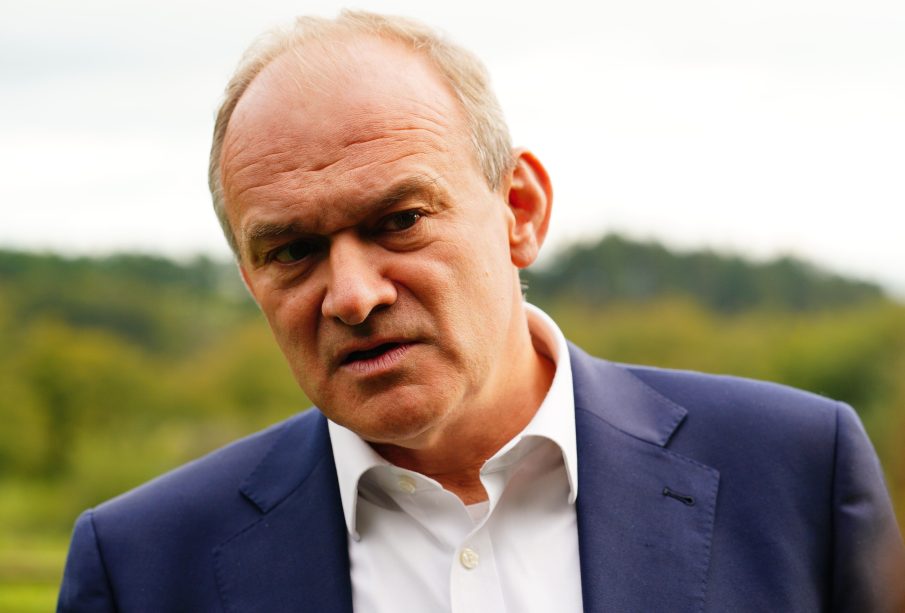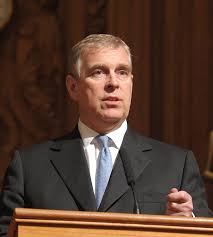Ed Davey: Insights into a Leading Political Figure

Introduction
Ed Davey has emerged as a key figure in British politics, particularly as the leader of the Liberal Democrats. His role is crucial in providing alternative political perspectives amidst the ongoing challenges faced by the UK government. With current political affairs constantly evolving, understanding Davey’s position and initiatives is essential for both constituents and political analysts.
Recent Developments
In recent months, Ed Davey has been vocal regarding pressing issues such as climate change, the cost of living crisis, and electoral reform. This autumn, he launched a comprehensive campaign advocating for sustainable energy solutions, emphasising the need for investment to transition towards greener alternatives. Highlighting that the UK must lead in tackling climate issues, Davey introduced proposals aimed at boosting renewable energy resources and reducing carbon footprints.
Moreover, Davey has been critical of the government’s economic policies, arguing that they disproportionately affect lower and middle-income families. In his speeches, he has called for increased support and scrutiny regarding inflation rates and energy prices, pushing for measures that would alleviate financial strain on households. Davey’s call for ‘fair taxation’ seeks equality and justice in the economic arena, aiming to ensure essential services are adequately funded.
Electoral Strategy and Future Prospects
As the next general election approaches, Ed Davey’s leadership is being closely analysed. Under his guidance, the Liberal Democrats are striving to elevate their position in a political landscape often dominated by the Conservative and Labour parties. Recent polls indicate that the party has regained some momentum, notably in local elections, where they have successfully campaigned on community issues.
Davey’s strategy includes forging alliances with other progressive parties, advocating for a unified front in challenging the more established political powers. His vision includes a reform of the electoral system to ensure proportional representation, which he believes will enable a fairer distribution of political power in the UK.
Conclusion
Ed Davey’s role as a political leader is more significant than ever as the country navigates complex social and environmental challenges. His advocacy for sustainable practices and equitable policies resonates with many voters. As the political landscape continues to shift, the Liberal Democrats under Davey’s leadership could play a pivotal role in reshaping the UK’s political future. Observers will be keenly watching how his proposals will influence upcoming elections and the broader political discourse in the coming months.









